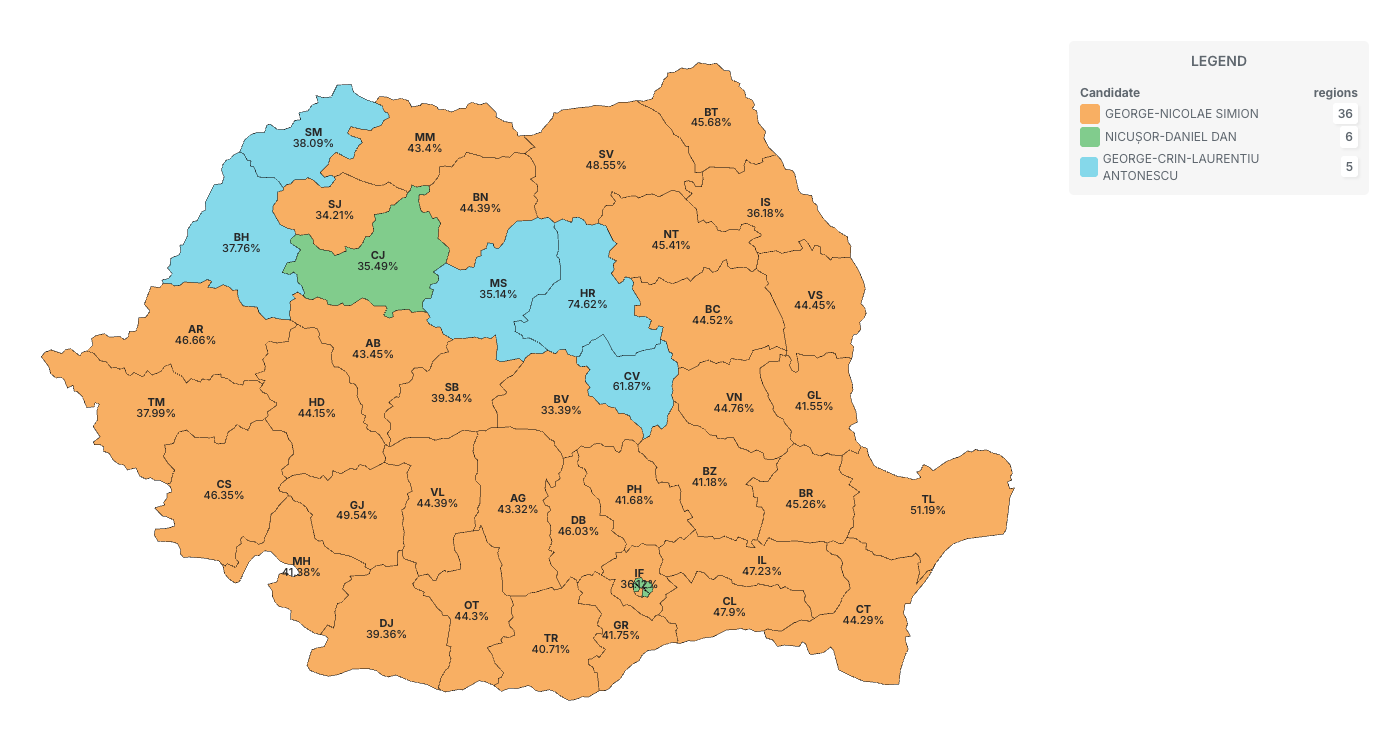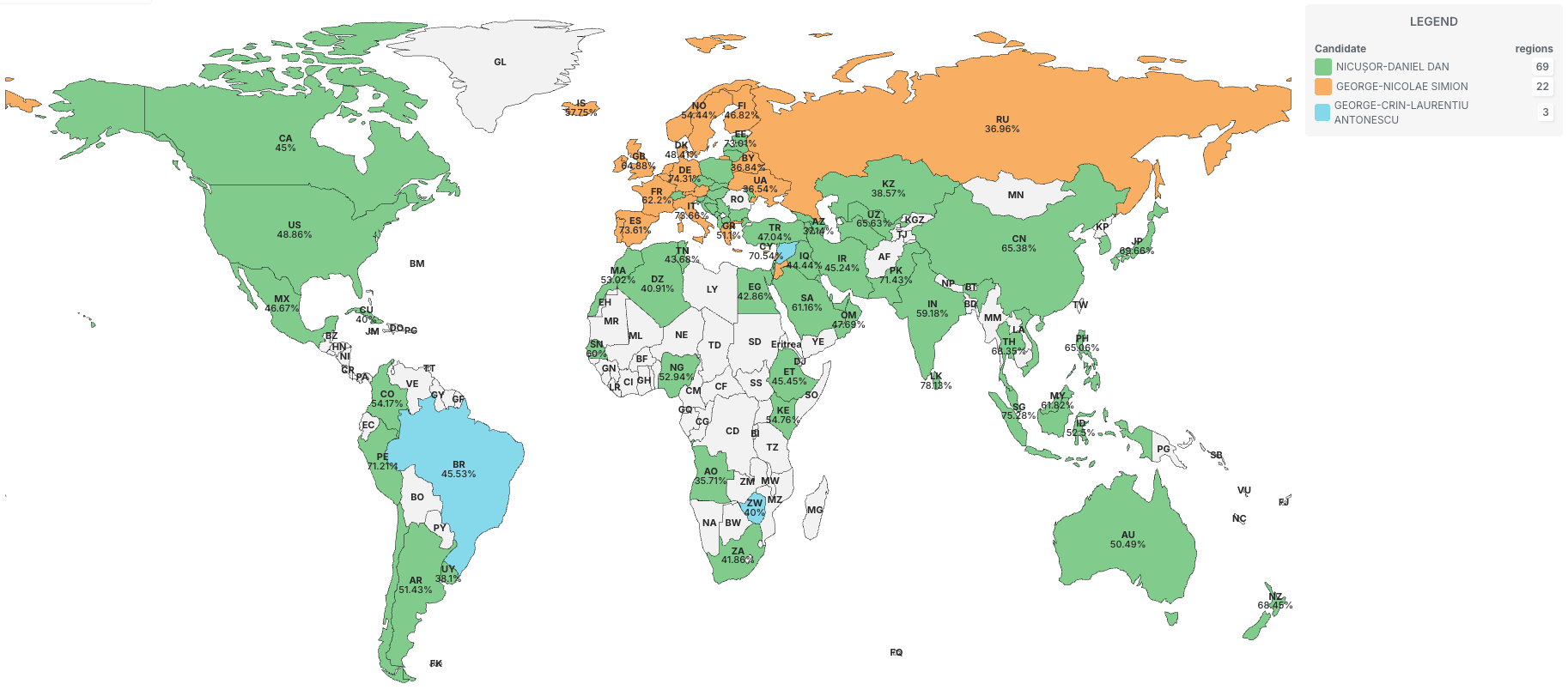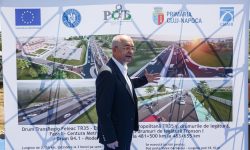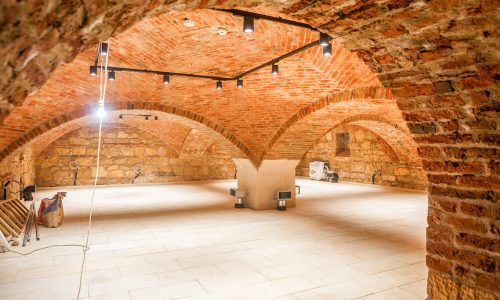Romania is headed for a decisive presidential runoff after nationalist candidate George Simion secured a dominant lead in the first round of voting. With all ballots now counted, Simion emerged with 40.96%of the vote, positioning him as the clear favourite ahead of the second round scheduled for 18 May.
In a narrow contest for second place, independent candidate Nicușor Dan, the mayor of Bucharest, edged out governing coalition candidate Crin Antonescu, both finishing just under 21%. The upset result has dealt a blow to Romania’s political establishment, which had coalesced around Antonescu as a unity candidate.

Voter Turnout and Diaspora Surge
The final voter turnout stood at 53.21%, with approximately 9.57 million Romanians casting ballots, including nearly one million from the diaspora. The turnout was slightly higher than in previous cycles, suggesting a re-energised electorate in the wake of the 2024 electoral scandal that led to this rerun. Diaspora participation was especially strong in Spain, Italy, Germany, and the UK—regions with large Romanian communities traditionally under-represented in polling.

Dan: green | Simion: orange | Antonescu: blue
(Source)
While George Simion secured the highest number of diaspora votes overall—thanks to strong showings in countries with large Romanian populations like France, Germany, and Moldova—Nicușor Dan performed better across a wider geographic range, finishing first in 69 countries. Crin Antonescu, by contrast, led in just three.
From Scandal to Showdown
This election follows the annulment of the 2024 presidential vote, in which radical outsider Călin Georgescu claimed victory before allegations of campaign fraud and Russian interference voided the result. Many of Georgescu’s former supporters are believed to have shifted allegiance to Simion, who campaigned alongside him during Sunday’s vote.
Simion, leader of the far-right Alliance for the Union of Romanians (AUR), thanked voters in a recorded message, calling their support “an act of courage, trust and solidarity.” Posting on X ahead of the elections, he described the election as a referendum on “every Romanian who has been lied to, ignored, humiliated, and still has the strength to believe and defend our identity and rights.”
Simion: Trump-Aligned, But Not Pro-Russian
While Simion admires former U.S. President Donald Trump and has adopted similar nationalist messaging, he denies being pro-Russian. He told the BBC that he supports maintaining NATO bases and U.S. troops in Romania and named Russia as “the biggest danger towards Romania, Poland and the Baltic states.”
However, Simion has been critical of continued military support for Ukraine and has called for peace talks. He has also capitalised on growing resentment among Romanians regarding financial assistance to Ukrainian refugees.
Simion has also stated that, if elected, he would name Călin Georgescu as prime minister and has pledged to replace the leadership of Romania's Constitutional Court and intelligence services, moves that have raised concerns about the future independence of key democratic institutions.
Romania is a critical NATO member bordering Ukraine, playing host to key military infrastructure including U.S. missile defences and airbases used in Black Sea operations. Its navy clears mines from trade routes used by Ukrainian grain exports, and its air force is training Ukrainian F-16 pilots. Any disruption to Romania’s foreign policy posture could ripple across the region.
Market Reaction: Investor Confidence Wavers Post-Election
The aftermath of the first round of Romania’s 2025 presidential election has reverberated through the financial markets. The Bucharest Stock Exchange (BVB) experienced a significant downturn, with all major indices opening in the red following the announcement of the election results. The BET index, which tracks the performance of the top 20 most liquid companies, fell by 2.84%, while the BET-Plus and BET-XT indices saw declines of 2.82% and 2.52%, respectively.
Wider Fallout and Reactions:
The result has also triggered domestic political fallout. Prime Minister Marcel Ciolacu, leader of the Social Democratic Party (PSD), is reportedly considering resignation after the coalition’s candidate, Crin Antonescu, failed to reach the runoff. The setback has intensified pressure within the governing alliance, particularly from party figures critical of the campaign's reliance on an older establishment figure in a cycle dominated by anti-elite sentiment.
According to sources cited by the Romania Journal, discussions within PSD are already underway regarding Ciolacu’s political future and the party’s broader strategic direction. While Ciolacu has not made any public announcement, several senior officials have expressed concern over the coalition’s electoral viability, particularly with parliamentary elections on the horizon.
The PNL, PSD's coalition partner, has remained largely silent on Ciolacu’s potential resignation but is reportedly reviewing the alliance’s terms following the presidential defeat. The coalition now faces the dual challenge of maintaining public confidence while navigating internal divisions, all under the scrutiny of an emboldened opposition.
The election result has also triggered repercussions on the opposition front. Elena Lasconi, who ran as the USR candidate and received just 2.6% of the vote, announced her resignation as party leader. In her statement, Lasconi reaffirmed her commitment to a pro-European and anti-corruption platform, but acknowledged the party's need for renewal. Dominic Fritz, USR’s first vice-president and mayor of Timișoara, has assumed interim leadership, tasked with guiding the party through a period of internal restructuring and strategy reassessment.
Simion's rise has sparked concern in Western capitals. The United States recently cancelled a visa-waiver agreement with Romania on the eve of the election. Security expert George Scutaru told the BBC that Simion, if elected, could block further aid to Ukraine in his role as head of the National Security Council.
Nonetheless, Scutaru expressed “prudent optimism” that a centrist could still prevail in the runoff, particularly with the influence of Romania's large diaspora. Already, voters abroad—especially in Spain, Italy, Germany, and the UK—have turned out in significant numbers. They are often under-represented in polls but have a history of decisively impacting Romanian elections.
A Vote for Continuity or Change?
For many, this runoff represents a stark choice between continuity with Romania's Western-aligned institutions and a nationalist pivot. Nicușor Dan, though not part of the traditional political elite, has attracted younger voters seeking reform without sacrificing European integration.
The final decision will now rest with voters on 18 May, in an election being closely watched in Brussels, Washington, Kyiv and Moscow.



